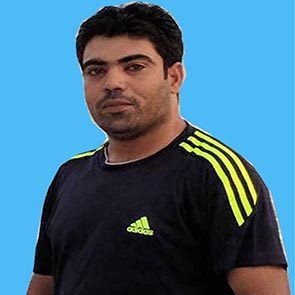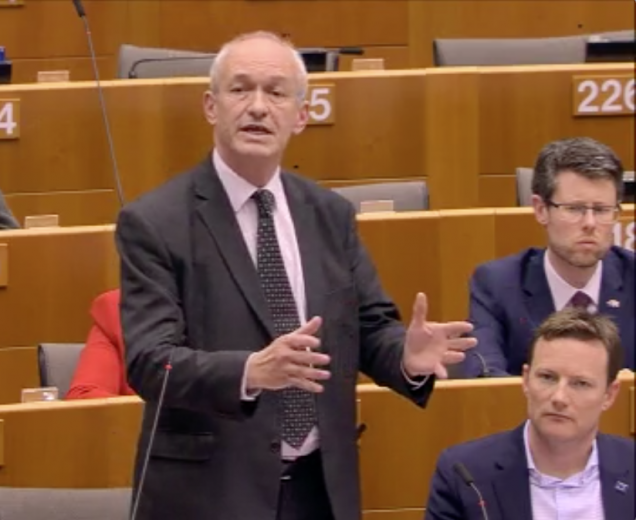Question
The VP/HR is no doubt aware of the case of Mohammad Nawaz Atta, a human rights defender and the Information Secretary of the Baloch Human Rights Organisation, who opposed the systematic use of enforced disappearances by Pakistani security forces to silence independent voices, a practice that has become widespread. On 28 October 2017, men, reportedly in plain clothes and ranger uniforms, raided Atta’s house in Karachi and abducted him, as well as eight young family members living in the region. As of early November, Atta’s whereabouts remain unknown, and he is being held incommunicado.
1. What will the EU and the Member States do to ensure Atta’s and his family’s immediate and unconditional release, and to guarantee their security and safety?
2. Will the EU push for the Pakistani authorities to carry out an immediate, thorough and impartial investigation into Atta’s disappearance, as well as that of his family, and all human rights defenders who have been abducted?
3. What action will the EEAS and Member States take to ensure that disappearances in Pakistan stop, and that defenders are able to do their work free of threats?
Answer
The European Union (EU) closely monitors the situation of human rights in Pakistan and in particular with regards to the situation of human rights defenders. Their freedom of expression is one of the EU’s human rights priorities in Pakistan. The EU Delegation in Islamabad is following closely the case of Mr Atta and his family.
During the EU-Pakistan subgroup meeting on Governance and Human Rights, held on 9 October 2017 in the margins of the 8th EU-Pakistan Joint Commission, the EU encouraged the Governement of Pakistan to collect and submit statistical data, disaggregated by the age and gender of the victim, and to strengthen accountability in cases of enforced disappearences. In addition, the EU asked Pakistan to strengthen the authority and the capacity (financial and personnel) of the Commission of Inquiry on Forced Disappearences so that the latter can function effectively.
Under the Generalised System of Preferences Plus (GSP+) scheme, Pakistan is subject to a strict monitoring mechanism on the effective implementation of 27 international conventions, including human rights conventions. Pakistan has committed to take concrete actions to ensure progress on the ground in implementing the 27 international conventions, including criminalising enforced disappearances.





